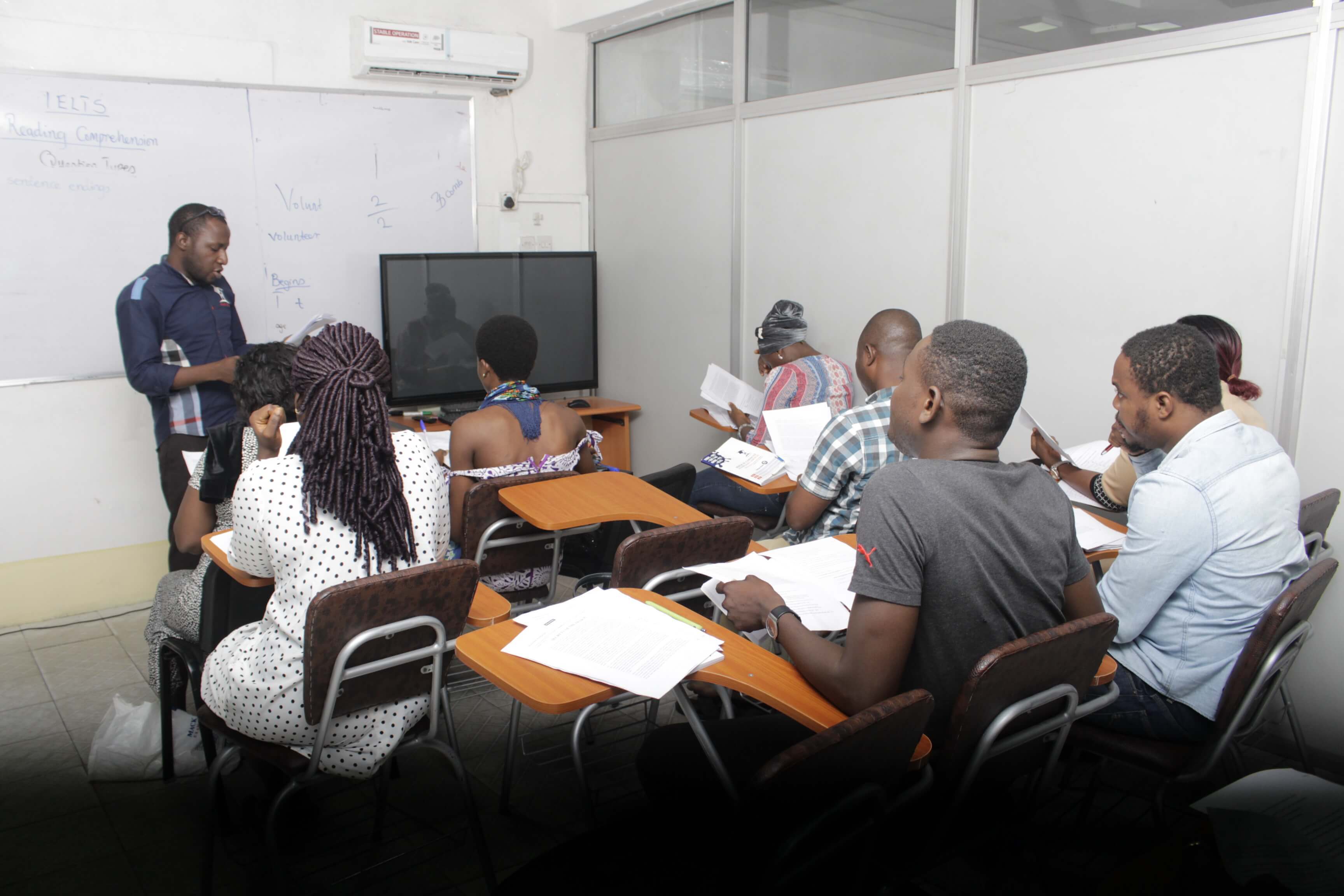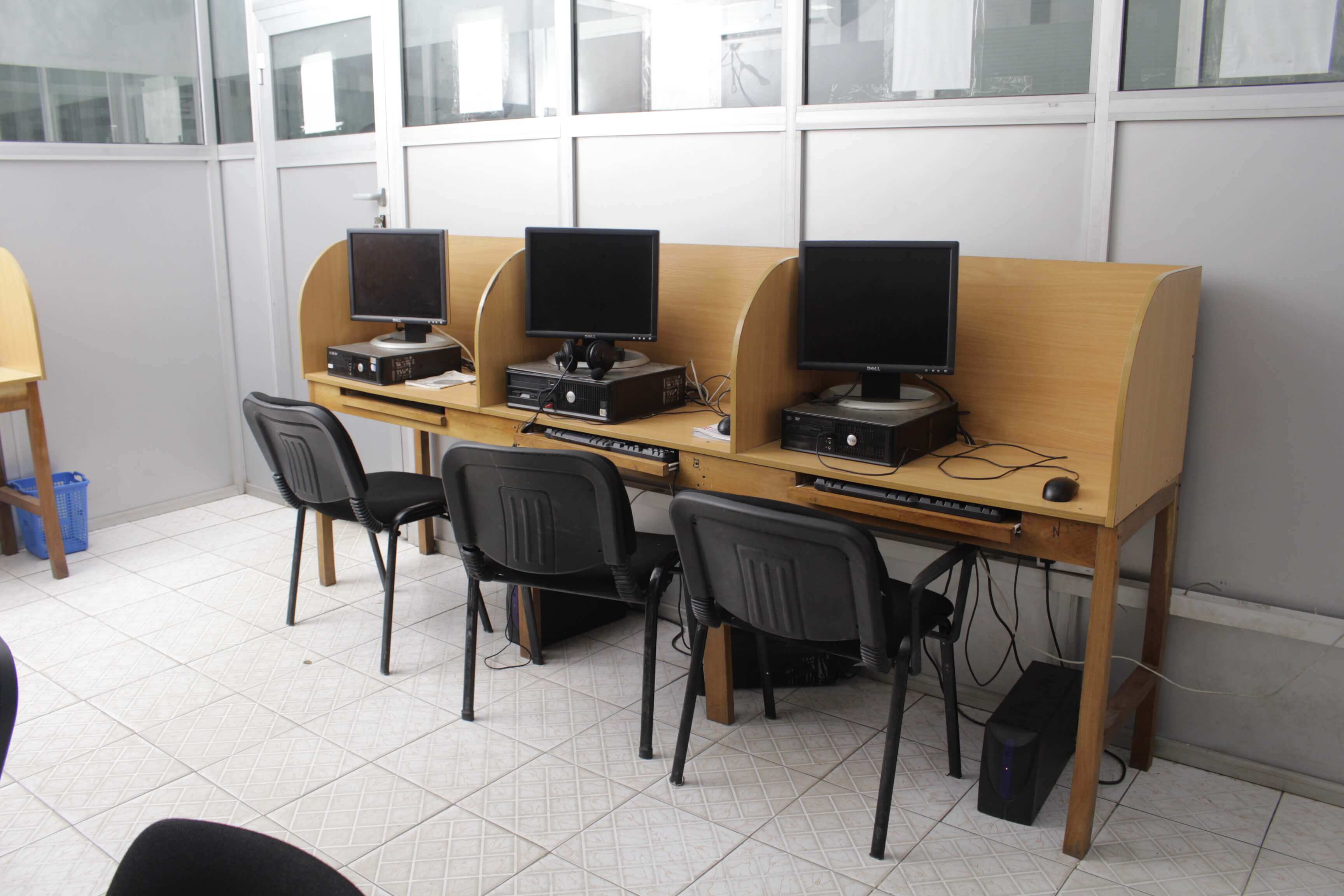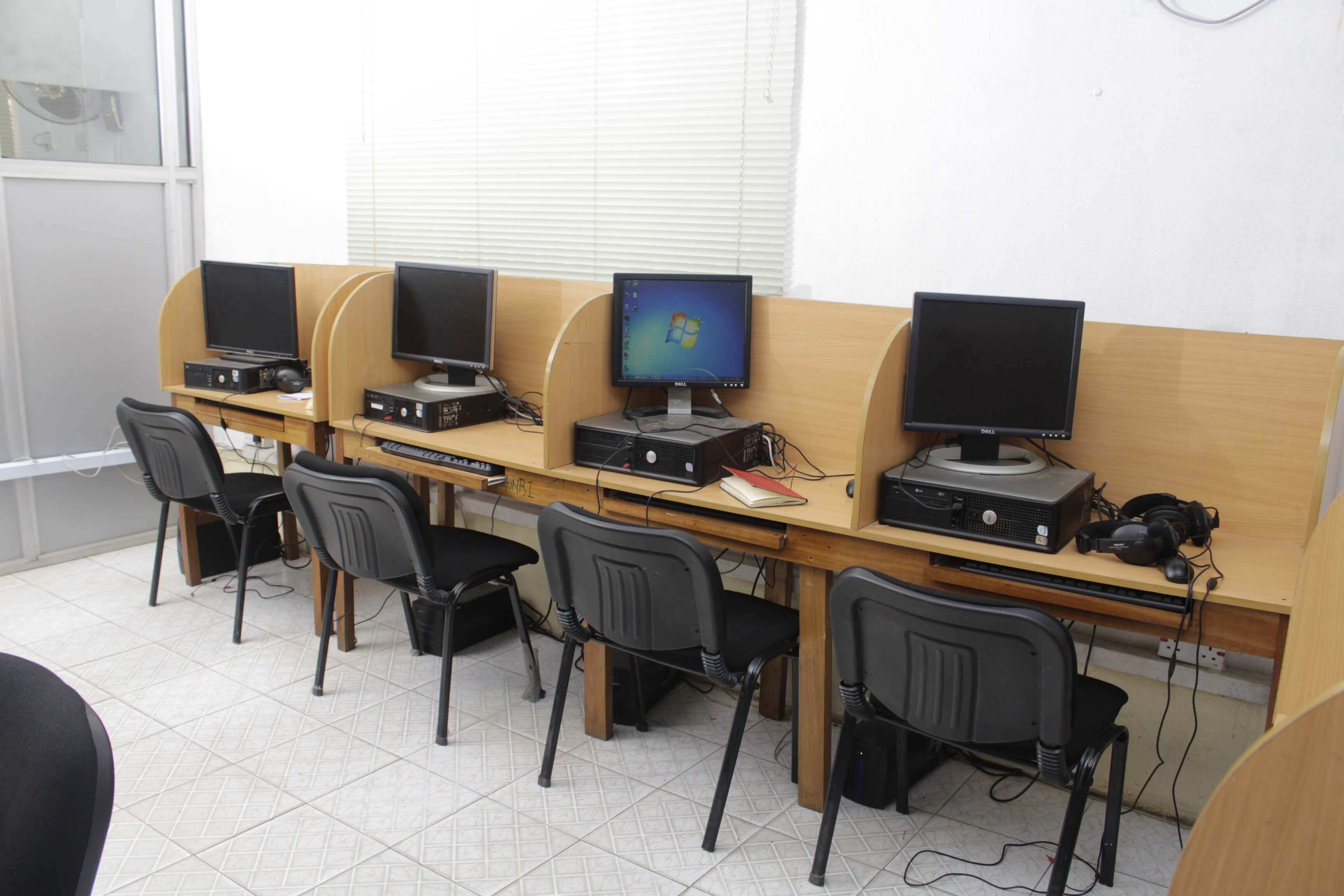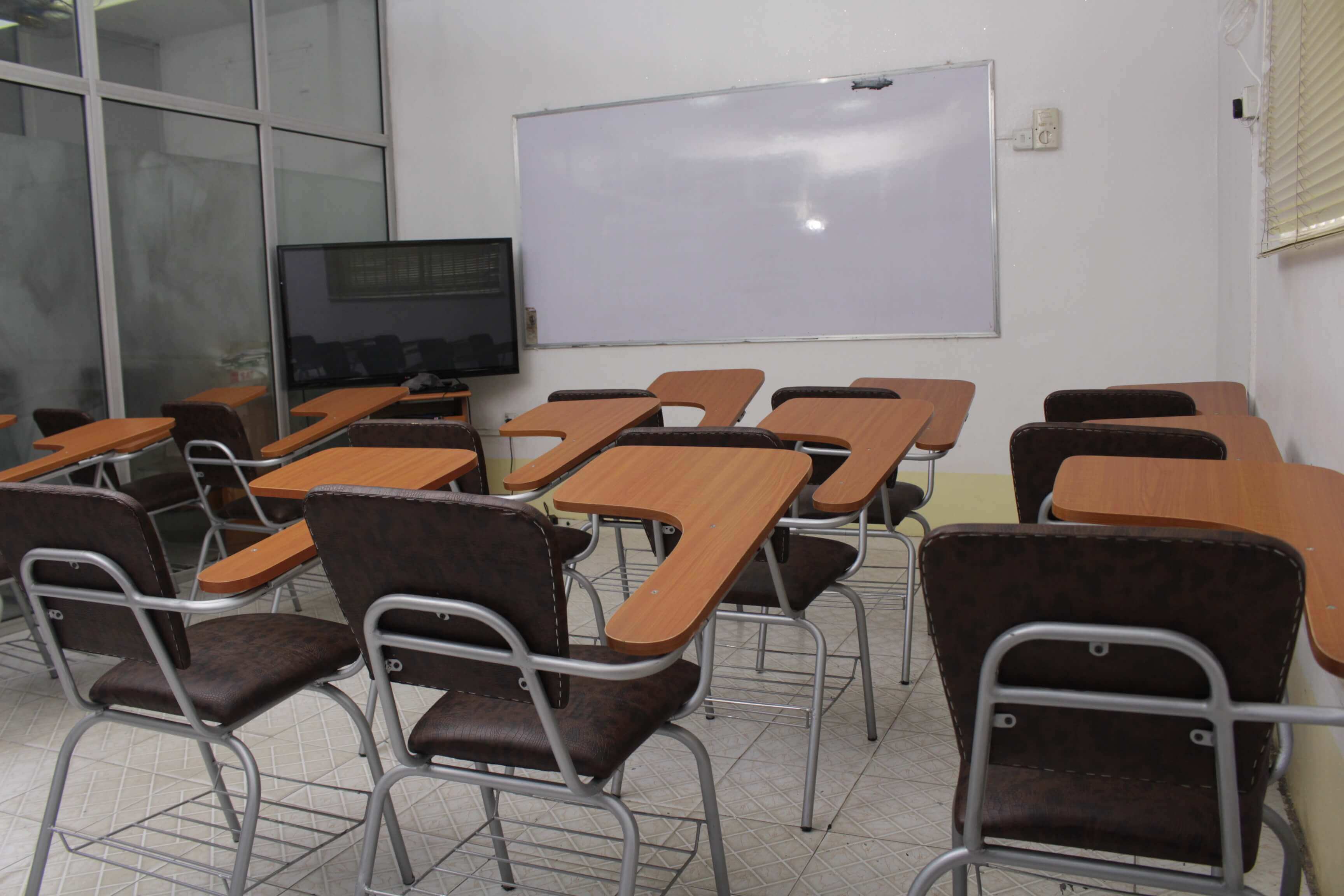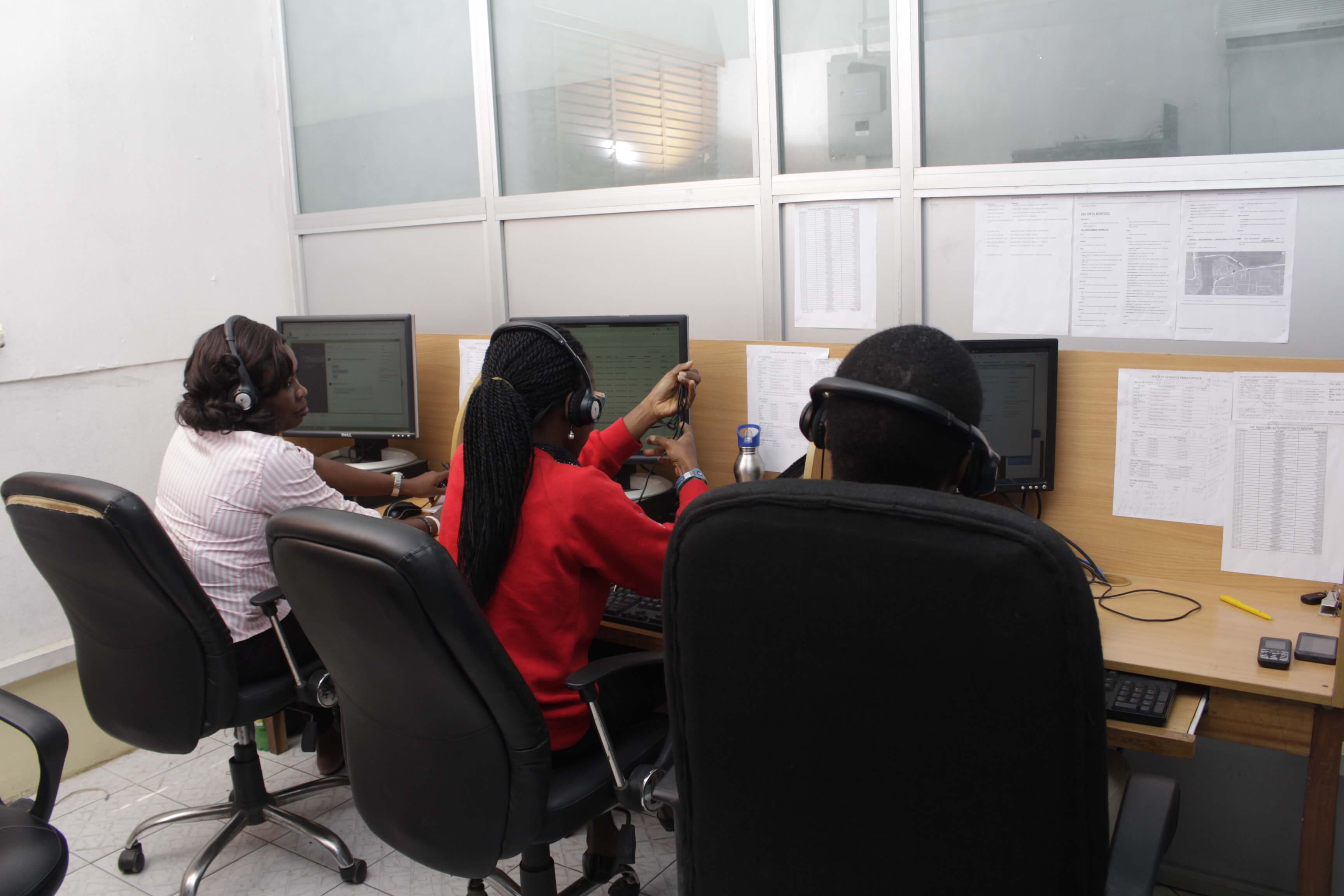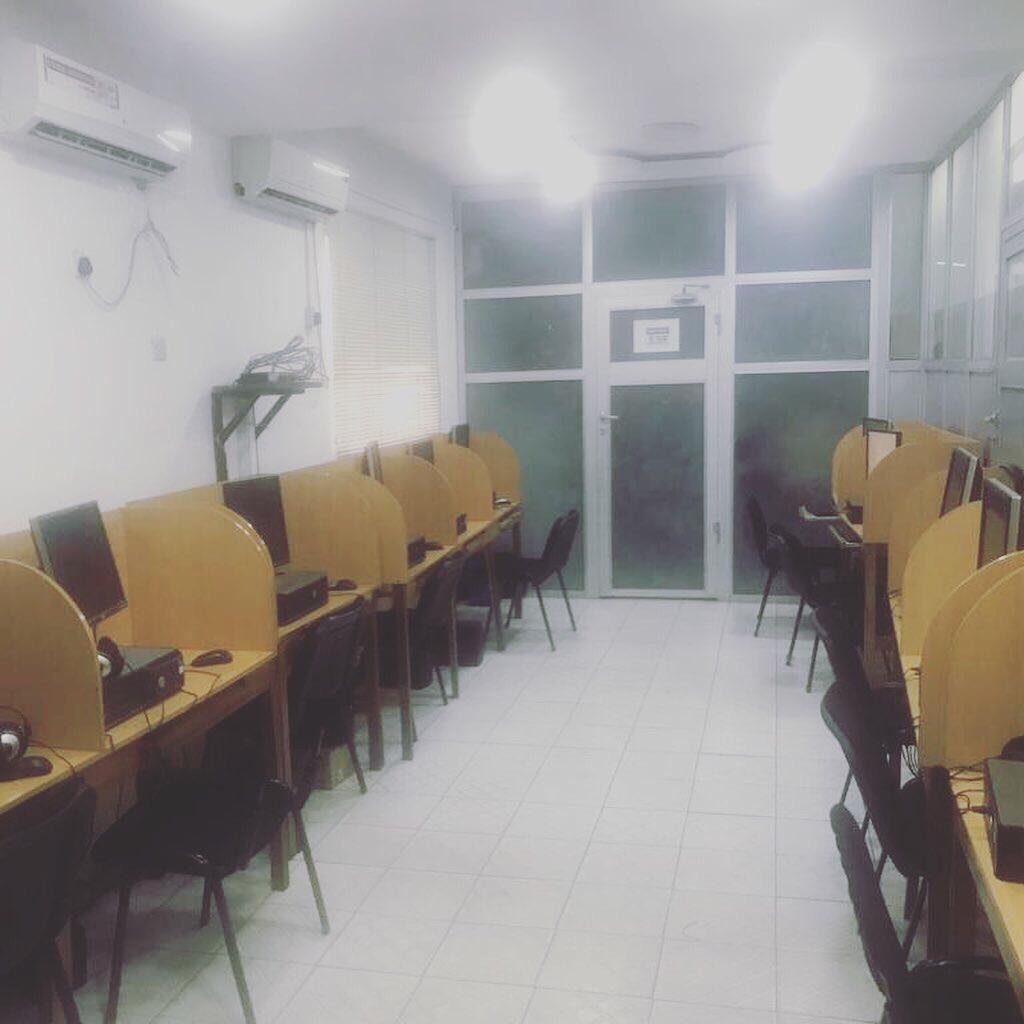STUDY ABROAD: A PARADOXICAL ILLUSION
As we reflect upon the benefits of studying abroad, we should also bear in mind the special nature of such programs in settings outside the developed world. In the United States and other comparably-situated countries, the opportunity to study abroad enhances the falling educational program in Nigeria, Record has it that students who obtained higher education abroad were considered to be the most fortunate of their generation. After graduating from elite universities in the US and Britain, they were virtually guaranteed the best career prospects upon their return., this routine has tremendously grown the Chinese economy to what it is today in the world Those students were colloquially referred to as sea turtles – returning home with the world on their backs. In light of such considerations, it seems desirable to reformulate the goals and benefits of studying abroad in a manner that is sensitive to the altered conditions brought on by globalization, while at the same time appreciating the continuities that have long made foreign travel and study a precious educational benefit.
The shallow idea of studying abroad caused Nigeria to allocate resources to fund foreign scholarships for young people. The motivations in these cases are primarily vocational training geared around skill requirements for economic development in a globalizing world or servicing the international outlook of privileged Third World elites. Such journeys overseas are conceived to be investments in the future, but they are not without their risks. Among the uncertainties associated with this very different orientation to “study abroad” are such issues as “brain drain” and political backlash, which are beyond the scope of our inquiry. But we should not ignore the very different motivations that foreign students may have in choosing to study, while we consider the benefits (and risks) of having Nigerian students participate in programs that are comparatively short or long-term. Studying abroad is, of course, in no way the functional equivalent of the twenty-first-century Grand Tour, but of much benefit “studying abroad” romanticizes the genial meeting of two cultures by way of leisurely and luxurious travel abroad by youthful members of privileged classes who tended to seek out and interact with their wealthy counterparts in exotic foreign settings. With the growing interdependence of regions and nations, It is good to buy Nigerian products right? allowing the money to circulate in the country back and forth but there is always a need to think outside the box. A nation who is never warm to open up will suffer a deeper cut which will melt down the standard she lives on and thereby causing it to be ranked arguably as an underdeveloped nation. You will agree with me that Education is the bedrock of a successful national economy, take that to the bank. Nigeria is an underdeveloped country educationally and structure-wise, most of our product are almost half baked, this fact can be judged from the labor market, increasing rate of unemployment among youth, our Education curriculum is so deadened that it fears an upgrade, there is much more at stake, and the whole venture of studying abroad has happily lost touch with this aristocratic heritage Because of the political, economic, and cultural role of Nigeria in countries and societies around the globe. Nigeria’s interests are at once more powerful and more vulnerable. Nigerian students abroad learn firsthand how it feels to be a representative of the most powerful black nation on earth and at the same time to experience that power from the point of view of those on the receiving end.
The Study abroad structure causes “Globalization” which is also bound up with the Internet and the Information Age. To some extent, the unequal access to these technological innovations that dramatically alter our relation to information (if not knowledge and wisdom) and to commerce is creating “a digital divide.” The gaps between those who have ready access to computers and those who do not are defining the realities of a globalizing world. To comprehend this fundamental circumstance, it is again helpful to experience these developments firsthand apparently via “Studying Abroad”. The challenges that confront the world and for which global cooperation is critical, in areas such as the environment, health, and security, give rise both to a growing sense that “human identity” is crucial and an opposite sense of fragmentation that deters collaborative responses. On one side are concerns such as genocide or global warming, and on the other, a seemingly opposite sense that matters of ethnic, religious, cultural, and gender identity are more important than ever to avoid being swallowed by the monster which is globalization. To approach this seemingly common agenda from the perspective of the study abroad can only deepen and enliven a young person’s search for identity and meaning in this era of globalization, on a lighter note study abroad causes a paradigm shift While the world is shrinking, we cannot shrink from it. National policies in other countries have recognized the critical role that study abroad plays in the education and training of their citizens and, increasingly, national or regional policies call for greater access to international education and experience. The progress that Europe has made in training multilingual, culturally and politically knowledgeable men and women owes much to the bold steps charted by the student mobility schemes of the last decade International education has had a more difficult time finding its place on the national budget Nigeria should implement an international education policy that would support the learning of foreign languages and cultures, promote study abroad, encourage students from other countries to study in the Nigeria facilitate the exchange of scholars and citizens, and encourage educational infrastructure that supports international research and competence To meet this call for an increased international mobility that affords Nigeria students serious, well-integrated, and high-quality academic experiences abroad, Nigeria. educational institutions at all levels need to develop a strategy that gives students the tools to make the most of the increasing number of international educational programs available. Linguistic competency lies at the core of this preparation. What is fundamentally at stake is whether educational institutions can successfully prepare students to live effectively and happily in an increasingly interdependent world. Here, we argue the case for the enhanced role of study abroad programs in supplementing on-campus study with firsthand experiences that have the potential to make students better citizens, as well as to broaden their horizons in ways that make both work and leisure more rewarding. In the deepest sense, we are all being challenged to globalize our consciousness without losing the specifics of individual and collective identity. Coming to the rescue, There is no better way to do this than to have an opportunity to shift our learning community for a period of time from what is familiar to what is not. Such a shift may occur under pressure in a variety of transnational careers, but it lacks the freedom and spirit of discovery that is implicit in the radical possibilities of study abroad for students who are not subject to job pressure, Of course, we do not intend to view these programs and their effects through rose-colored glasses. Indeed, it is unrealistic to expect that a study abroad experience in and of itself will lead to a sophisticated understanding of the dynamics and effects of globalization. Insofar as effective study abroad experiences provide the student with cultural immersion, it is incumbent upon Nigeria institutions that send students abroad to prepare them academically and linguistically for entry into another culture. This preparation begins by helping students articulate their goals for study abroad and by requiring certain basic linguistic and/or cultural preparation for the sojourn. A number of studies abroad programs protect students from the inevitable discomfort of living and working in an unfamiliar setting by creating hermetic domestic enclaves. Students eager for authentic in-country experiences often complain of programs that are organized in a way that society confines them in an artificial world quite detached from the realities of the culture and daily life of the host country. Programs must creatively strive to make the experience a challenge in fact, as well as on paper, and the students who participate must be convinced that they are far more likely to benefit if they break out of their comfortable cocoons of the familiar. The challenge here resembles the contradictory experiences of tourism—either recreating the anodyne comforts of home by never straying far from international hotels and cruise ships that provide the music, food, and language that they supposedly left behind in Nigeria, or deliberately seeking the adventure of the local and unfamiliar by embarking on voyages of discovery.
Finally, I suggest that Nigerians especially, need as much of this immersion in a foreign reality as possible. Study abroad programs, if properly conceived and executed, are an excellent and satisfying way to achieve this result in a time of globalization, it is ironic that Nigerians could easily become “the new provincials,” rich and powerful, yet culturally impoverished by the illusions of national self-sufficiency. As well, in a world where poverty and resentment abound, and disparities between rich and poor are growing ever greater, it is crucial to learn as much about “the reality” of “the other” as possible. We believe that study abroad programs should deliberately pursue such goals, and thereby help Nigerians to live more creatively and knowledgeably in a world of borderless markets, revitalized cultural tradition, and contending visions of a beneficial human future.








